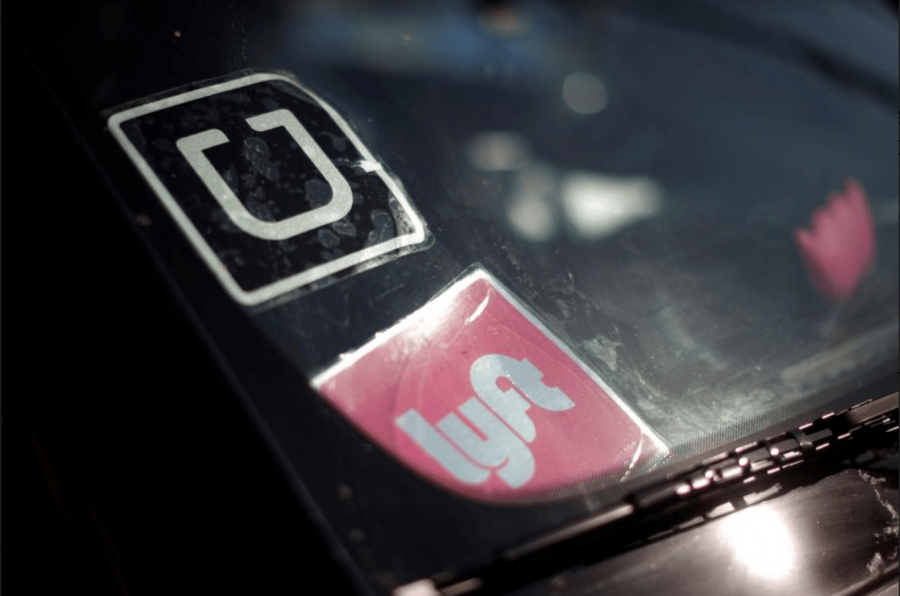Cal State LA student Giselle Velazquez remembers her first Uber experience.
It was a hot Spring day in March when she and a friend were standing outside Los Angeles Union Station.
“I know parking on campus is going to be a hassle,” Velazquez recalled thinking.
Her friend suggested taking an Uber to campus. It sounded like a good idea.
When they got in, Velazquez noticed right away that the driver did not look like his photo on the app.
She grew uneasy and suspected her friend did, too. The silence was deafening.
As they rode through downtown, dark clouds rolled in and the car seemed to go slower and slower.
“Why are you starting to drive so slow? We have a way to go before we get to Cal State,” Velazquez asked the driver.
“I am trying to see where I am going to let you out at. I didn’t realize you were going so far,” he replied.
They were in the arts district, still miles away from campus. The women looked at each other, fear in their eyes.
Finally, the driver stopped. “I cannot go all the way to Cal State,” he said. “ I have another pickup in this area, so I have to let you out.”
As they sprung out of the car, it started to rain.
They were shocked. Wet. And lost.
But they were safe.
As the popularity of ridesharing services has grown in recent years, so have concerns about safety.
Cal State LA student Natasha Modjtabavi said her friends who drive for Uber and another rideshare service has indicated to her that background checks for the other’s is more in-depth, though Uber has improved recently, according to news reports.
“I feel like both services are unsafe,” she said, adding that she’d go with the one that does deeper background checks if she had to choose.
Uber background checks comply with California law and are regulated by the California Public Utilities Commission, according to Andrew Hasbun, the company’s communication manager. “We recently rolled out continuous criminal background check monitoring,” he said, adding that every driver in CA must enroll in a program that alerts Uber if their employees get a ticket or face any other problem related to their driver’s license.
For the most part, Modjtabavi and Velazquez said they mostly drive to school because of their experiences.
USC student Krystle Brown said she also worries about using rideshare services: “I’ve had issues with [the] drivers where I have literally felt sexually assaulted but it’s not like they will do anything about it. I have reported these incidents…and have gotten no response. They’ll keep doing it because they can.”







